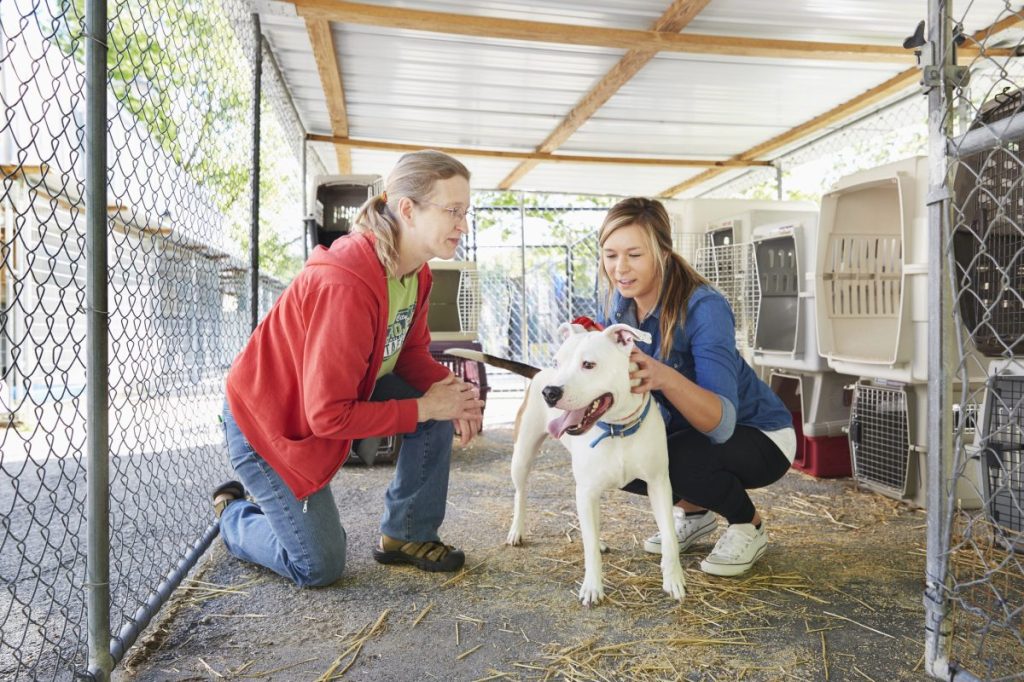Adopting a dog is one of the most exciting experiences an animal lover can have. Falling in love with a fur baby and bringing them home is a feel-good event unlike any other. But before you and Fido can embark on a life together, you have to find that four-legged friend that makes your heart go pitter-patter. You know that








